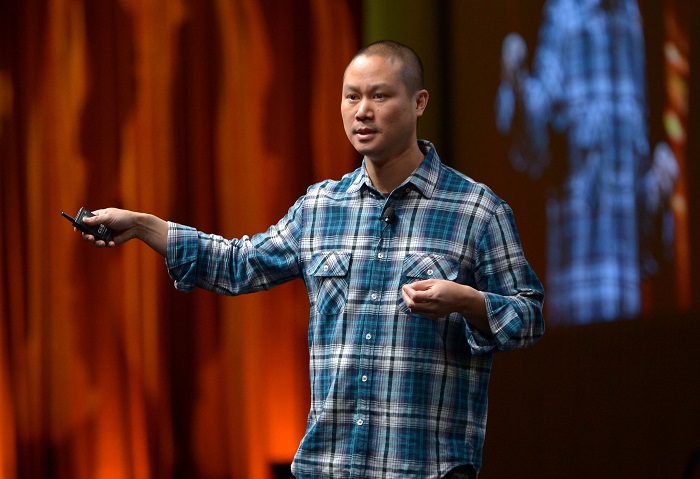Here’s how TIAA revamped caregiving benefits during COVID-19: TIAA is the latest employer to revamp its benefits as it witnesses employees struggle with caregiving challenges exacerbated by the pandemic. The financial services firm is significantly expanding backup child- and eldercare support for all of its 16,500 associates and adding an employer contribution to its dependent-care flexible spending account next year. Read more here.
7 questions HR is asking about COVID-19 vaccinations: Employers have been heartened by the recent good news about COVID-19 vaccine effectiveness, even as the surge of new COVID cases and hospitalizations continues to threaten our health and our economy. Here are seven questions we’ve heard from employers as we await the first doses of the vaccine being distributed later this month. Read more here.
Why updating benefits should be a priority for today’s new reality: This year has brought HR a host of unprecedented issues to navigate: employee safety concerns, engagement in a newly remote world, legal considerations and even the reshaping of the HR role itself. With all of that change just in the last few months, many HR leaders are looking to 2021 with a bit of trepidation: What’s next? For Greg Wilson, head of workplace solutions at Ayco, a Goldman Sachs Company, 2021 should be a time for HR leaders to reassess their benefits offerings, particularly in light of employees’ growing financial and mental health concerns. Read more here.
Flex work becoming more permanent for employers: Employers expect the increase in flexible work arrangements to continue at least through the first quarter of next year—but more likely permanently, new research finds. Meanwhile, those work arrangements are also spurring employers to rethink their approach to pay and rewards. Read more here.
4 strategies to support employee caregivers during COVID-19: Employers should take the time to evaluate whether their benefit programs are meeting the needs of caregivers in their workforce. As the pandemic is forcing a rollback of reopening measures across much of the nation, many employees continue to find themselves taking on caregiving duties with limited support. Read more here.
How Tony Hsieh inspired a focus on workplace culture: Tony Hsieh, the former Zappos CEO who died last week at the age of 46, didn’t leave a legacy just on the office culture at Zappos, but on how employers view workplace culture in general. During his 20-year tenure at the helm of the online retailer, Hsieh elevated efforts on office culture, embraced rare employee perks and forged out-of-the-box policies to foster innovation and productivity. His efforts made “office culture” part of the business vocabulary and inspired countless other companies to adopt similar strategies around employee engagement. Read more here.
Job seekers are inquiring about mental health benefits: Recruiters today are getting more inquiries about mental health benefits, accommodations and flexibility for working parents, as well as COVID-19 safety protocols, according to a new survey of recruiters by Jobvite, a recruiting software firm. Specifically, more than four in 10 recruiters say job seekers are inquiring more about mental health benefits since the onset of the pandemic. Read more here.
Employers who aren’t prioritizing mental health are ‘missing the boat’: Even before COVID, mental health was already a significant concern in the workplace. Many employees were facing threats to their emotional wellbeing while lacking significant help from their employer. “We were already behind the eight ball,” says Andrew Shatté, chief knowledge officer and co-founder of meQuilibrium, a digital coaching program that aims to build employees’ resilience. But COVID-19, social unrest, and election stress and uncertainty have significantly raised the stakes, causing a host of challenges for employees—and their employers. Read more here.
Workers are getting video meeting fatigue: A new study by global staffing firm Robert Half shows video calls may be wearing on workers. More than three-quarters (76%) of professionals surveyed say they participate in virtual meetings, and those respondents report spending nearly one-third of their workday (30%) on camera with business contacts or colleagues. Read more here.
Mayer: Vacation’s all I ever wanted: It’s an understatement to say this isn’t the year I envisioned. Sure, COVID-19 has affected nearly every facet of my life, but it’s also changed the way I mark the time. As a travel fan, my years are often in part defined by the trips I take—and the anticipation and planning that goes into each one. This year, I was planning to cruise the British Isles. Go to Vegas with my family to celebrate a milestone birthday. Visit my parents in Boston. None of it, of course, happened. What’s that left me? Disgruntled, burned out and with several days of unused paid vacation time. I’m far from alone. Unused vacation time was already an issue among workers, but the year defined by the COVID-19 pandemic has made the problem far worse. Read more here.
